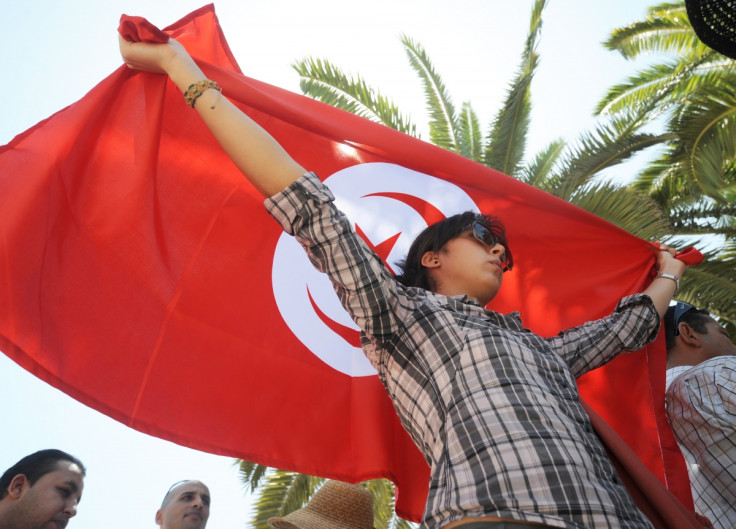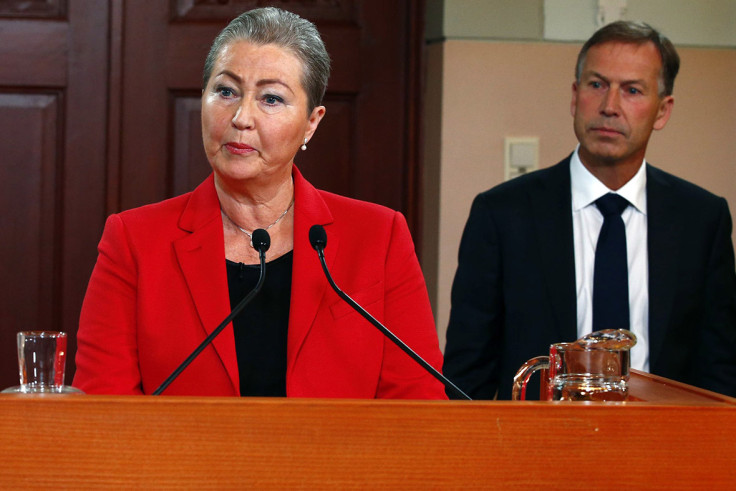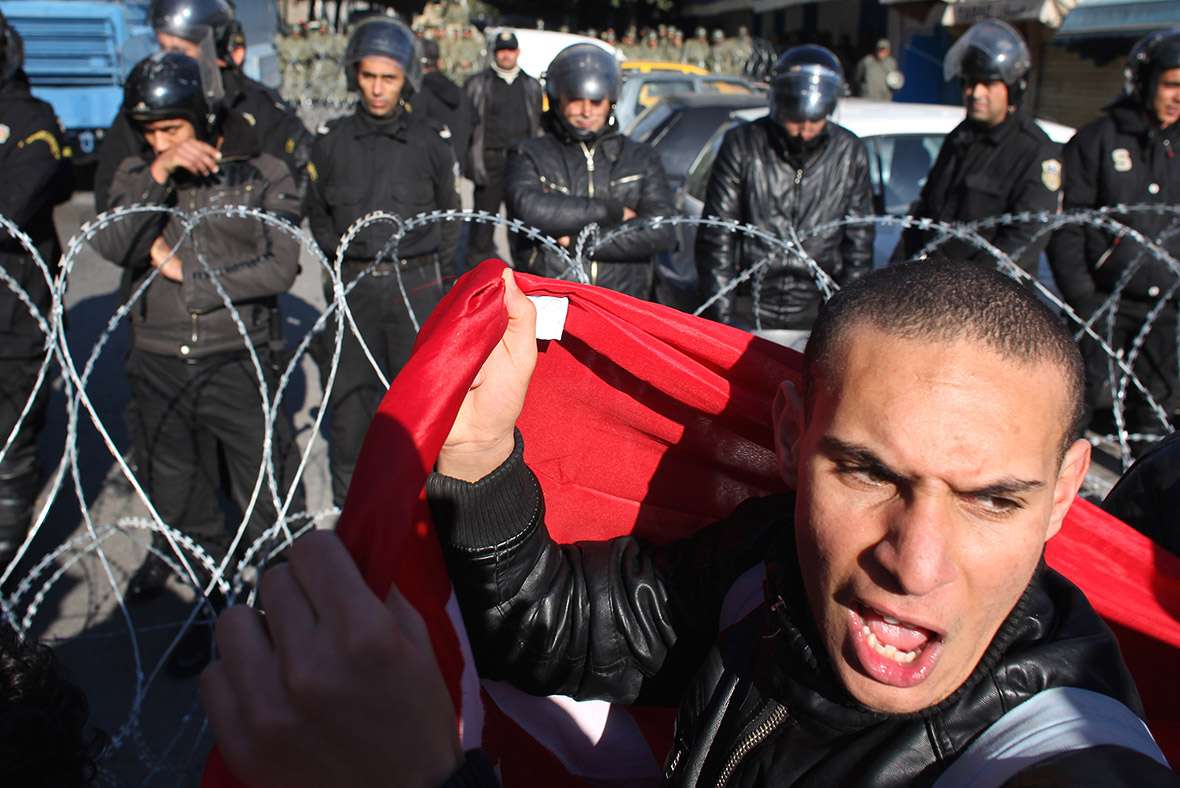Nobel Peace Prize 2015 winner: National Dialogue Quartet honoured for shaping Tunisia democracy

The National Dialogue Quartet in Tunisia has won the Nobel Peace Prize 2015 for its role in shaping the northern African country's democracy after the Arab Spring revolution. Kaci Kullmann Five, the chairman of the Norwegian Nobel Committee, said the combination of civil society groups deserved the award "for its decisive contribution to the building of a pluralistic democracy in Tunisia in the wake of the Jasmine Revolution of 2011".
The Quartet was formed in the summer of 2013 in a bid to make Tunisia a pluralistic and democratic society as the country was facing a wave of unrest after the murders of secular left wing politicians Mohammed Brahmi and Chokri Belaid. The assassinations were later claimed by the Islamic State (Isis).
Kullmann Five said: "[The Quartet] established an alternative peaceful political process at a time when the country was on the brink of civil war. It was thus instrumental in enabling Tunisia in the space of a few years to establish a constitutional system of government guaranteeing fundamental rights for the entire population irrespective of gender political conviction or religious belief."

The Quartet comprised of four civil society organisations: the Tunisian Confederation of Industry, Trade and Handicrafts, the Tunisian Human Rights League, the Tunisian Order of Lawyers, and the Tunisian General Labour Union.
Houcine Abassi, the head of the latter organisation said he was "overwhelmed" by the award. "It's a prize that crowns more than two years of efforts deployed by the Quartet when the country was in danger on all fronts," he told AP.
The Norwegian Nobel Committee made clear the prize was awarded to the Quartet for its collective work and not to the four single entities forming it. "The Quartet paved the way for a peaceful dialogue between the citizens, the political parties and the authorities and helped to find consensus-based solutions to a wide range of challenges across political and religious divides," Kullmann Five said.
Tunisia revolution
Tunisia was the source of the revolutionary wave that spread throughout the Middle East in 2011. It is also arguably the only one of those nations that has managed a successful transition from the dictatorship of Ben Ali to a democratic government, an accomplishment that the Nobel clearly rewards.
The committee said Tunisians have showed "that Islamist and secular political movements can work together to achieve significant results in the country's best interests. The example of Tunisia thus underscores the value of dialogue and a sense of national belonging in a region marked by conflict".



The prize will also come as partial remuneration for a country facing serious political and economic challenges and that has been struggling to salvage its international appeal after its key tourism industry was badly hit by Islamist attacks on holidaymakers this year.
In June jihadi militant Seifeddine Rezgui went on a shooting rampage in the popular beach resort of Sousse, killing 38 people. Earlier in March, 21 civilians and one policewoman were killed when gunmen opened fire at Tunis's Bardo Museum.
The Quartet beat a strong field of candidates including Pope Francis, German Chancellor Angela Merkel, joint-runners US Secretary of State John Kerry and Iranian diplomat Mohammad Javad Zarif, Eritrean priest Mussie Zerai, NSA whistleblower Edward Snowden and and Saudi blogger Raif Badawi.
The award succeeds 2014 recipient Malala Yousafzai, a Pakistani school girl who was shot by the Taliban because of her struggle to promote women education in her native region. Yousafzai was and remains the youngest ever of laureate of the prize first awarded in 1901.
The institution joins a list of 103 individuals and 25 organizations that took home the prestigious title. Famous predecessors include Barack Obama, Nelson Mandela, Mother Teresa and Martin Luther King Jr.
© Copyright IBTimes 2025. All rights reserved.






















